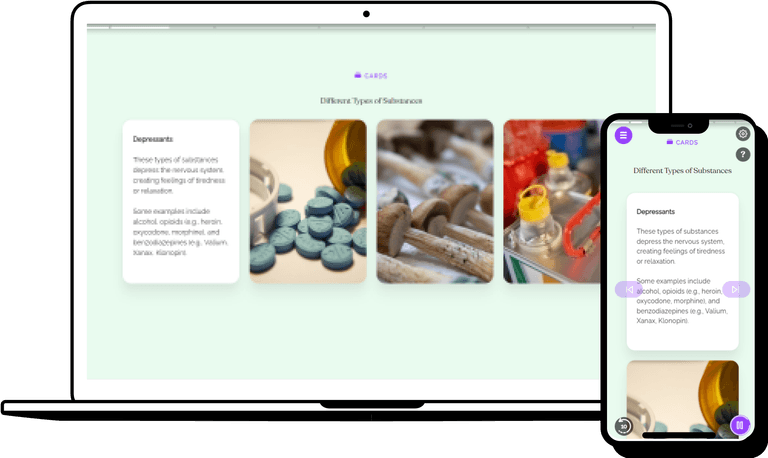Introduction to HIPAA Workplace Training
Employees in the healthcare industry are required by the federal law known as the Health Insurance Portability and Accountability Act, or HIPAA, to protect people’s sensitive health information. Managing or handling this type of information, also known as protected health information, or PHI, is serious business, and if you aren’t compliant with HIPAA, you and your organization could face steep penalties.

What Is Included in HIPAA Law?
HIPAA processes include administrative, physical, and technical safeguards to ensure that medical information is stored, transmitted, and received in a secure manner. HIPAA is a broad and far-reaching law and has big penalties for violations. In this training, we will explore HIPAA’s main rules, discussing the importance of each and the related compliance requirements. We will look at and practice identifying types of PHI, including ePHI, which is the electronic version. And we will learn about the actions we can take to prevent HIPAA violations in the workplace.

What is HIPAA?
In 1996, Congress enacted the Health Insurance Portability and Accountability Act, also known as HIPAA. The law was devised to create national standards for safeguarding people's PHI from being disclosed without their knowledge or consent. In April 2003, the Department of Health and Human Services (HHS) issued new regulations referred to as the Privacy Rule and Security Rule. These regulations required healthcare organizations to adopt processes and procedures to ensure the highest degree of patient confidentiality.

So, who must comply with HIPAA? There are two main types of entities: Covered Entity and Business Associate. In short, everyone who handles and manages PHI must comply with HIPAA law.
A subcontractor is a third-party organization that is contracted by a HIPAA-covered entity or business associate to provide services or functions that involve the use or disclosure of protected health information (PHI). Subcontractors must be contractually obligated to meet the same HIPAA compliance requirements as the covered entity or business associate.
Any vendor who helps a covered entity create, receive, maintain, or transmit PHI is considered a business associate (such as a healthcare provider or insurer). Under HIPAA and its related regulations, business associates must enter into a written agreement with the covered entity that provides assurance that the business associate will use and disclose PHI only as permitted or required by the contract or as required by law.
Healthcare providers and those who work at healthcare clearinghouses or health plans are considered covered entities. Health plans include health insurance companies and employee health plans. If an entity has healthcare as one of their many business functions, it is called a hybrid entity. With a hybrid entity, the entire organization does not have to comply with HIPAA, but the healthcare component within that organization does.
HIPAA Violation Liabilities
Let’s learn about liabilities for organizations and individuals who violate HIPAA.
Here are some myths to look out for:
- -
Organizations can be fined more than 1 million dollars for each violation of a HIPAA provision.
- -
Plus, state laws may also impose penalties.
- -
In certain situations employees could be fined personally or even imprisoned for violating HIPAA!
- -
HIPAA violations can also result in tarnished reputations for individuals and organizations.

The Importance of HIPAA Training for Covered Entities
HIPAA training for covered entities is an essential part of any healthcare organization’s compliance program. HIPAA training from EasyLlama helps covered entities understand the requirements for safeguarding patient health information and the consequences for failing to comply. HIPAA training also reinforces the importance of protecting patient privacy and helps ensure that covered entities are taking appropriate steps to comply with HIPAA regulations. Moreover, EasyLlama’s HIPAA training helps covered entities stay informed of changes in health privacy regulations and new best practices for protecting patient information.

Helping over 8,000 organizations create a safer, more productive workplace
EasyLlama’s online training course helps prepare employees to navigate HIPAA. This course provides an in-depth examination of how to respond to a breach of confidential data and the best way to protect your patients. The course covers:





















